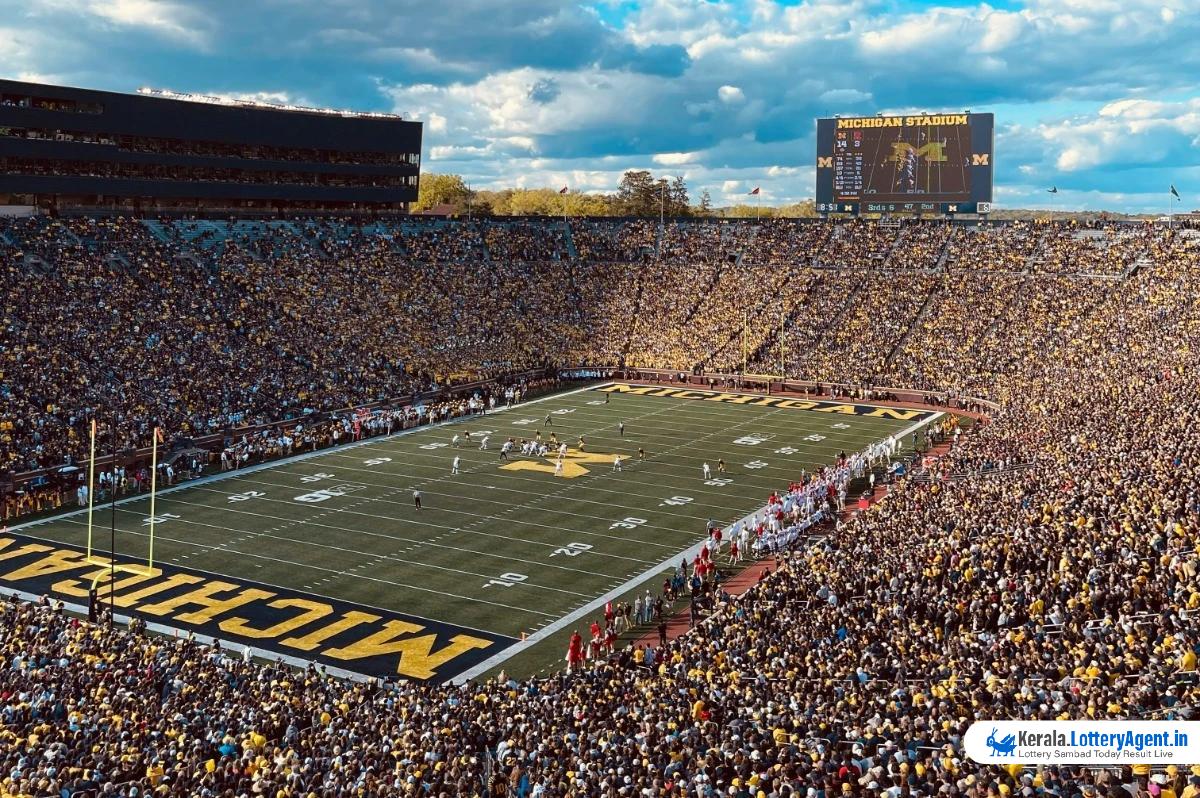
The “Illegal Gaming Attestation Internet Game Content Providers” form, issued by the Michigan Gaming Control Board (MGCB), is reportedly well-intentioned to curb the activities of unauthorized operators who detract from the state’s legitimate iGaming businesses and siphon off taxable revenue. However, this new regulatory measure has stirred significant concern among various stakeholders within the industry. The primary issue lies in the ambiguously defined legality of iGaming activities, which many argue creates unnecessary confusion and potential unintended consequences.
iGaming entities with global operations are particularly alarmed by the form’s vague questioning and the undefined terminology employed within it. The ambiguity raises several red flags for businesses that operate across multiple jurisdictions, where the legal versus illegal status of certain gaming activities isn’t always crystal clear.
“It’s concerning because the form doesn’t define critical terms, such as what exactly constitutes ‘illegal gambling,’” noted gaming lawyer Susan Hensel from Hensel Grad P.C. With her extensive experience that includes serving as the director of licensing at the Pennsylvania Gaming Control Board and holding a position with the International Association of Gaming Regulators, Hensel’s insights carry significant weight. “The language necessitates interpretation. It might be prudent for companies with questions to approach the regulator for clarification. Traditionally, these inquiries are addressed through interviews with key executives during overall background investigations. This form, however, brings these questions right to the forefront, compelling companies to officially state their positions,” Hensel elaborated.
When asked by Casino Reports to elaborate on the term “illegal gambling,” the MGCB did not provide specific guidance. Public Information Officer Lisa Keith clarified, “The term ‘illegal’ is not precisely defined on the form; therefore, the common and ordinary meaning of this term should be applied.” The form has been issued to all relevant parties, including those with a filing date of June 1, 2024, and applies to all game content providers licensed or seeking licensing under the Lawful Internet Gaming Act.
The uncertainty surrounding the delineation between legal and illegal activities has led to significant anxiety and confusion within the industry. Michigan’s relevance cannot be understated as it stands out as one of the leading and most lucrative iGaming markets in the United States, alongside New Jersey. Given that various businesses have poured substantial resources into this market, the implications of regulatory confusion are profound.
.
The ambiguity is particularly acute for content providers who must navigate a labyrinth of regulations to ensure compliance. These providers are integral to the iGaming ecosystem, supplying the games and technologies that operators rely on to attract and retain players. Any misstep in interpreting the regulations could spell serious consequences for these businesses, including hefty fines, reputational damage, and potential loss of licensure.
The MGCB’s form aims to fortify the state’s regulatory framework, rooting out bad actors who do not adhere to Michigan’s stringent iGaming laws. The intention is to ensure a level playing field for compliant operators and protect the state’s revenue interests. Nevertheless, the execution has left many feeling unsettled.
Industry experts are urging the MGCB to provide more detailed explanations and perhaps even revise the form to avoid misunderstandings. Clear and precise definitions of questionable terms would go a long way in assuaging fears and ensuring that all parties are on the same page. For now, companies are being advised to seek direct clarification from the regulators where there are ambiguities, to avoid making binding statements on misunderstood terms.
The stakes are high for Michigan’s iGaming market. As a burgeoning hub in the industry, its regulatory decisions are closely watched and can have ripple effects beyond state borders. A clear, well-communicated stance on what constitutes legal versus illegal activity is crucial for maintaining integrity and encouraging industry confidence.
Moreover, as iGaming continues to grow, the nuances of regulation become ever more critical. The balance between stringent oversight and operational clarity is a delicate one that requires ongoing dialogue between regulators and industry stakeholders. The MGCB’s approach highlights the complexities of regulating an industry that operates in both physical and virtual realms, across varied jurisdictions.
In closing, while the MGCB’s form has sparked significant debate, it also opens the door for industry and regulatory bodies to engage constructively. As Susan Hensel suggests, this could be an opportunity for companies with worldwide operations to ensure that their practices align with state expectations, thereby fostering a more robust and transparent iGaming landscape in Michigan.












